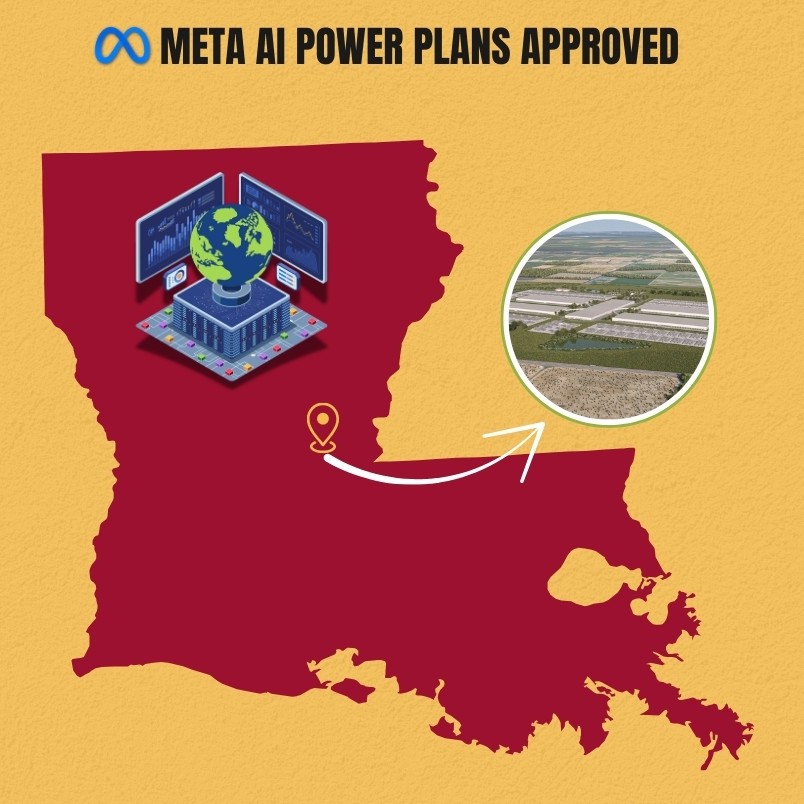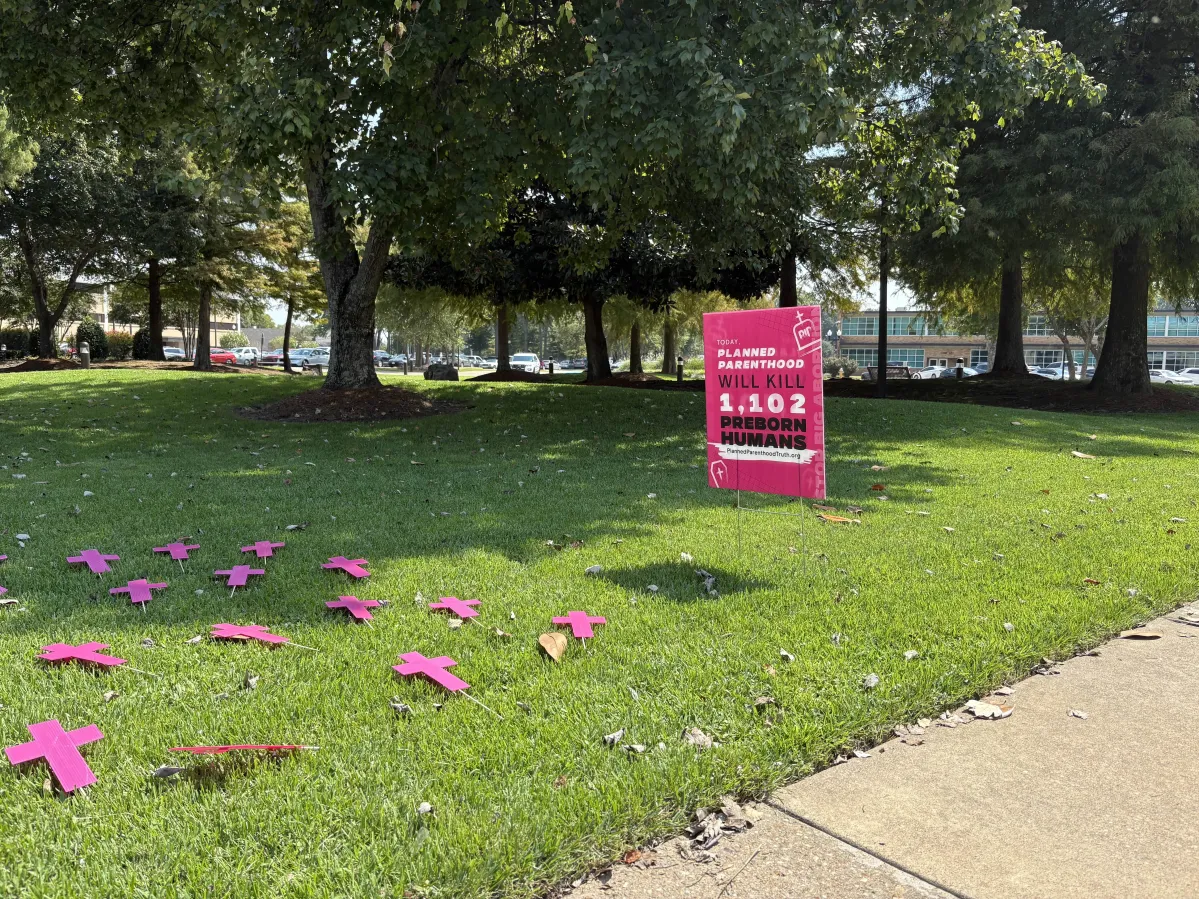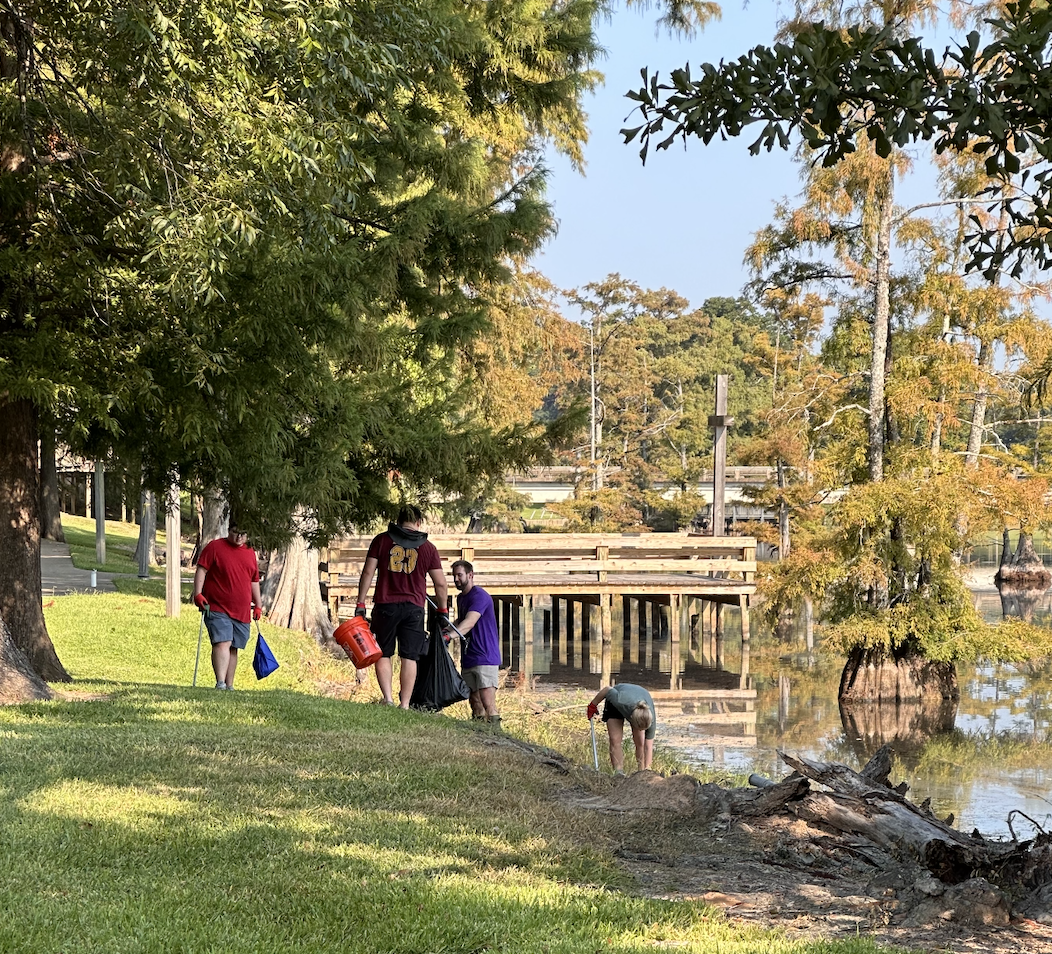Meta, the parent company of Facebook and Instagram, announced and began construction of their largest data center in Richland Parish, Louisiana in Dec. 2024.
In a 2024 press release, Louisiana Governor Jeff Landry announced the beginning of Meta’s project.
“Meta’s investment… revitalizes one of our state’s beautiful rural areas and creates opportunities for Louisiana workers,” Landry said. “I thank Meta for their commitment to our state.”
The company expects the data center to provide 500 jobs directly, with Louisiana Economic Development estimating 1,000 jobs provided indirectly. Not only have they invested in the data center, but Meta has committed to investing $200 million into local infrastructure. Through this, they will create a promising economic boom for locals.
Meta plans for its Richland data center to begin operations in 2026. Initially operating with a two-gigawatt power capacity, the facility is expected to eventually upscale to five gigawatts by 2030.
To meet the center’s substantial energy demands, Meta partnered with Louisiana-based energy company Entergy. Entergy will build three new natural gas plants, among other projects, to supply the required power.
Energy analyst and member of the Union of Concerned Scientists Paul Arbaje expressed concern for the natural gas plants.
“Entergy’s current proposal includes zero assurances or protections from the project… Louisiana ratepayers could be forced to pick up the tab,” Arbaje said. “Those are just the costs that end up on utility bills. There are also grid reliability risks.”
Data centers consume large amounts of energy and water. To prevent overheating, their cooling systems demand a constant and immense water supply. Meta alone reports using 500,000 gallons per day. The company recognizes that this scale of water consumption is a significant and growing problem.
“Our water stewardship program focuses on minimizing data center water use by prioritizing onsite water efficiency,” Meta said. “In 2021, Meta announced our goal to be water positive in 2030.”
While the company understands the problem, local areas near Meta data centers experience water shortages, pollution and other environmental effects such as noise and light pollution. One of the affected areas is Mansfield, Georgia, where locals can see sediment in their water and the local data center lighting up the night.
“You really feel like you are up against this huge wall that you can’t penetrate,” Beverly Morris, a resident living less than 400 yards away from the Georgia plant, said in an interview with More Perfect Union. “There’s nothing that you can do and they don’t care.”
While Meta’s data center could provide over 1,500 jobs and investments into infrastructure, negative impacts on the local environment may be too much for locals to bear.








